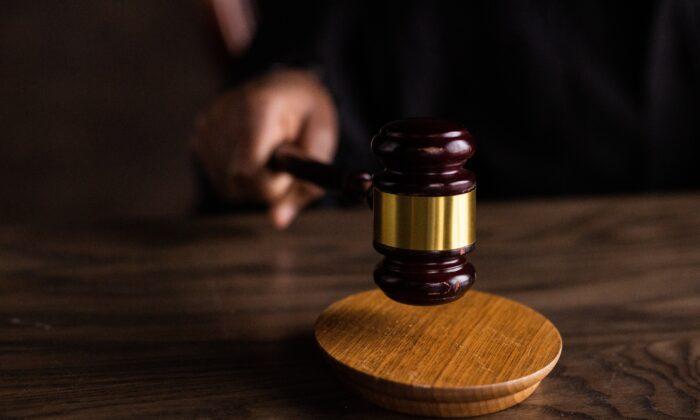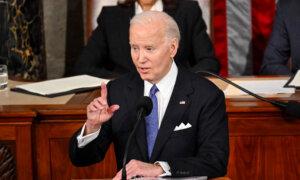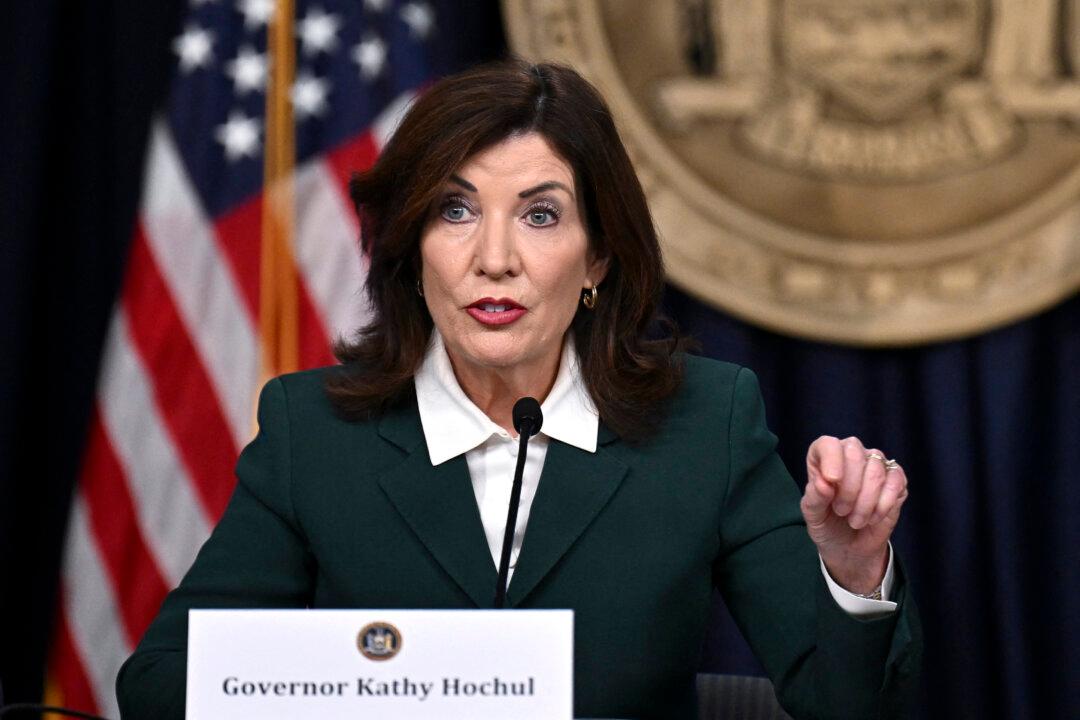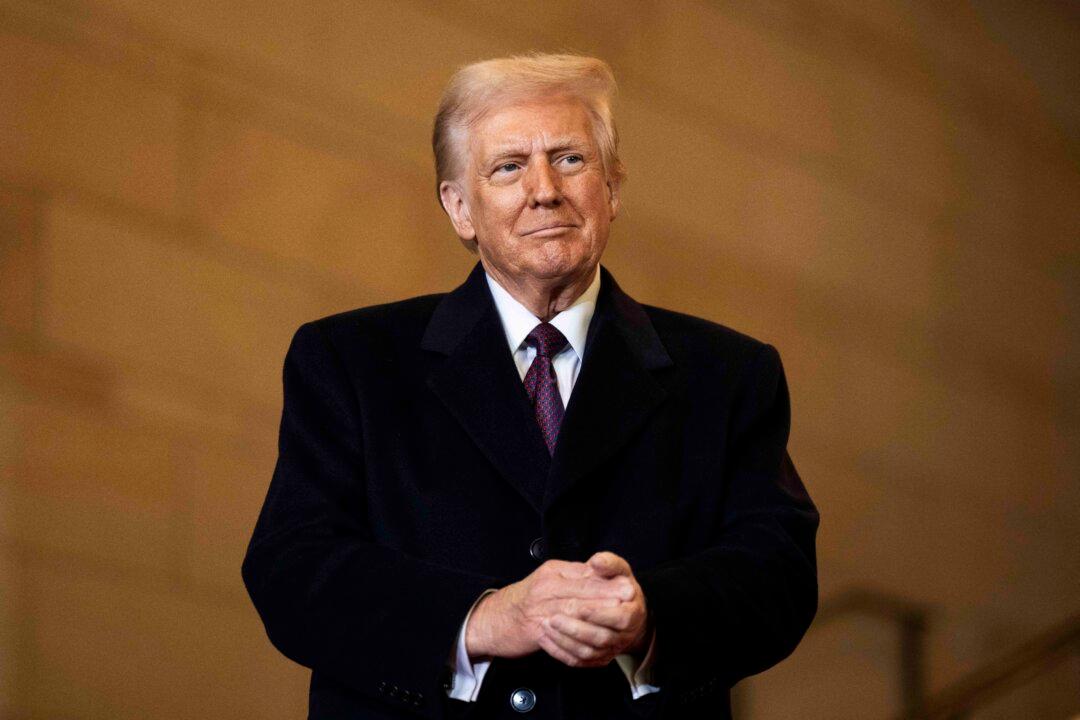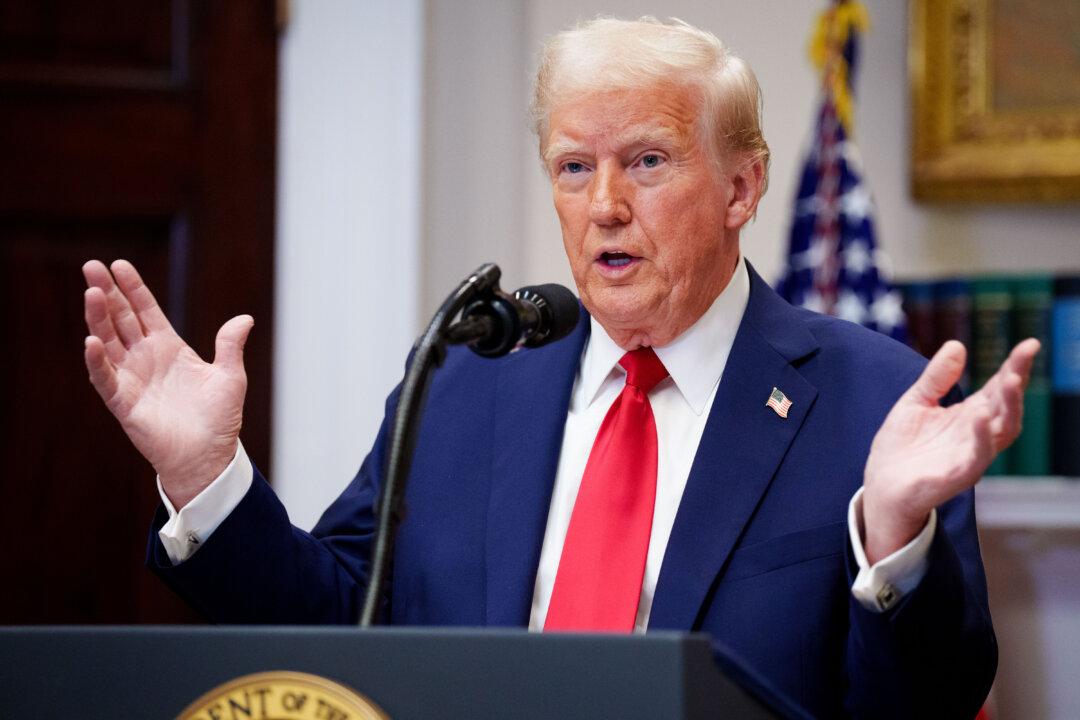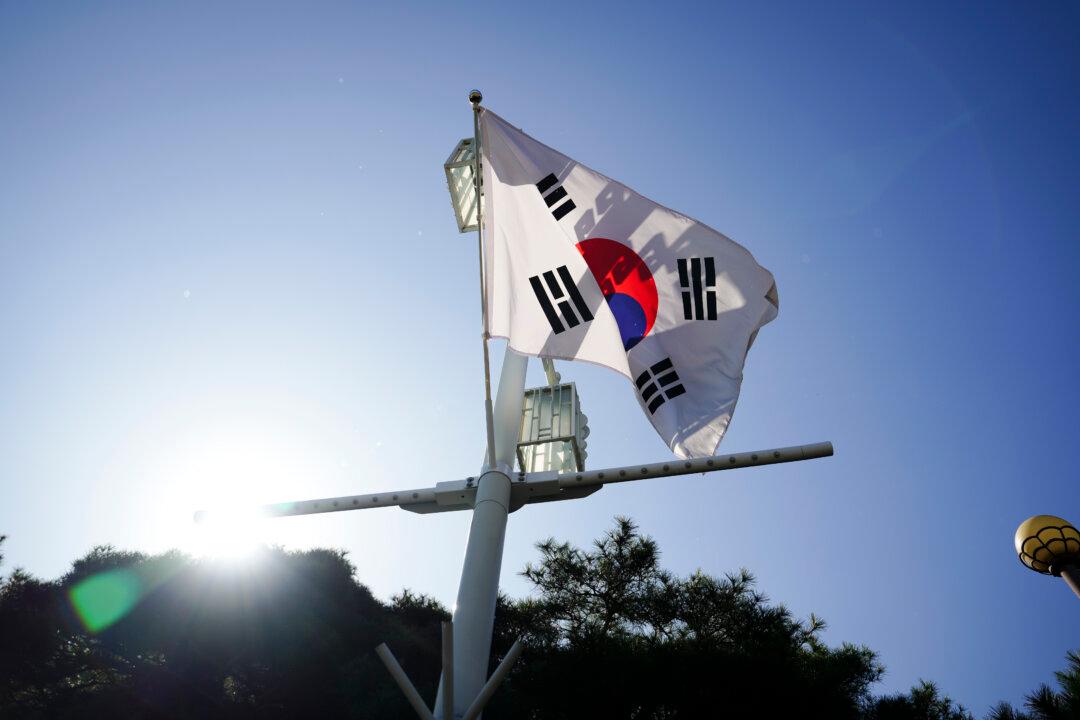A Washington judge has blocked the use of video enhanced by artificial intelligence (AI) as evidence in the trial of a man who was accused of a 2021 shooting that left three people dead.
In a Friday ruling, King County Superior Court Judge LeRoy McCullough said that AI technology used “opaque methods to represent what the AI model ‘thinks’ should be shown,” NBC News reported.
“This Court finds that admission of this Al-enhanced evidence would lead to a confusion of the issues and a muddling of eyewitness testimony, and could lead to a time-consuming trial within a trial about the non-peer-reviewable-process used by the AI model,” the judge said.
The ruling relates to the trial of Joshua Puloka, a 46-year-old man who was accused of killing three people and injuring two others in a shooting outside a Seattle-area bar on Sept. 26, 2021, according to the report.
During the trial, his lawyers attempted to introduce cellphone video enhanced with machine learning software. But prosecutors argued that there was no legal precedent for using the technology in court.
Mr. Puloka has claimed self-defense in the 2021 shooting at the La Familia Sports Pub and Lounge in Des Moines. His lawyers argued that Mr. Puloka attempted to de-escalate the situation when he was assaulted and returned fire, resulting in the shooting of bystanders.
The incident was caught on cellphone video. Mr. Puloka’s lawyers have asked someone with a background in creative video production and editing to enhance the video for submission as evidence.
The video was said to be enhanced using Topaz Labs software, an AI technology that is known for its use to “supercharge” video, according to the report.
Concerns Surrounding AI-Generated Images
States across the country have taken steps to regulate AI within the last two years. Overall, at least 25 states, Puerto Rico, and the District of Columbia introduced AI bills last year alone.Legislatures in Texas, North Dakota, West Virginia, and Puerto Rico have created advisory bodies to study and monitor the AI systems their state agencies are using. Louisiana formed a new security committee to study AI’s impact on state operations, procurement, and policy.
The proposed rule changes follow “surging complaints” around impersonation fraud and “public outcry” about the harms caused to consumers and to impersonated individuals, according to the FTC.
“As scammers find new ways to defraud consumers, including through AI-generated deepfakes, this proposal will help the agency deter fraud and secure redress for harmed consumers,” it stated.
